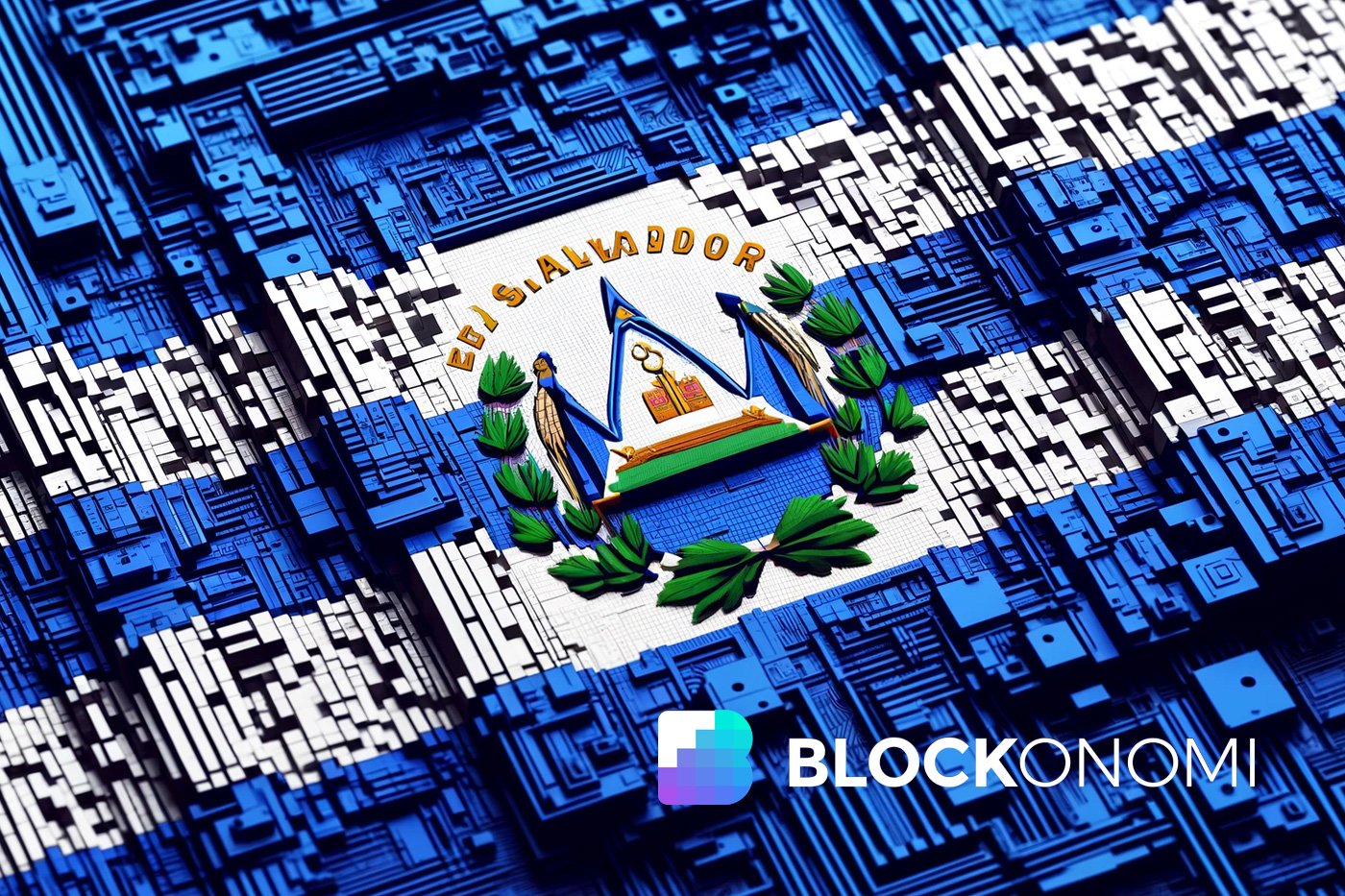
El Salvador has celebrated the fourth anniversary of its landmark decision to adopt Bitcoin as legal tender. Despite mixed results, the country continues to double down on its blockchain-first approach with its most recent purchase of 21 BTC. This acquisition pushes its national Bitcoin reserves to 6,313.18 BTC, valued at over $701 million as of September 2025.
El Salvador’s Commitment to Bitcoin
On September 7, 2025, also known as “Bitcoin Day,” President Nayib Bukele announced the latest purchase through the country’s official Bitcoin Office. This date marks the anniversary of Bitcoin’s adoption as legal tender, a bold move that made El Salvador the first nation globally to embrace cryptocurrency in this capacity. The symbolic 21 BTC purchase paid homage to Bitcoin’s cap of 21 million coins, reinforcing the government’s long-term commitment to its financial strategy.
Steady Accumulation Amid Global Pressure
Since March 2024, El Salvador has adopted a strategy of buying 1 BTC per day. This continues even as international organizations like the International Monetary Fund (IMF) require the country to pause voluntary Bitcoin accumulation under a $1.4 billion loan agreement signed in December 2024. While the recent purchase could raise compliance questions, it underlines the government’s dedication to bolstering its Bitcoin reserves.
Enhanced Security Measures and New Laws
To enhance transparency and security, El Salvador redistributed its Bitcoin holdings across multiple wallet addresses. Officials cited potential quantum computing threats as the reason for this proactive move. The government now maintains a public dashboard where citizens and stakeholders can monitor these reserves.
Additionally, updates to the Bitcoin Law have made merchant acceptance voluntary while keeping cryptocurrency as legal tender. This shift aligns with IMF conditions and addresses concerns about forcing small businesses to accept Bitcoin transactions.
Challenges and Criticisms
While the government celebrates milestones like certifying 80,000 public servants in Bitcoin training programs, critics argue that the benefits for average citizens remain limited. Programs like the Chivo wallet initiative have seen low adoption, and skeptics believe the focus should shift toward grassroots education initiatives to increase general Bitcoin understanding and usage.
Non-governmental organizations and some Bitcoin advocates also point out limited transparency regarding the national Bitcoin portfolio, which hinders independent assessments of the program’s success. The IMF estimated in March 2025 that the country’s $300 million Bitcoin investments had generated $400 million in unrealized gains, but a full review is still lacking.
The Road Ahead
Despite international scrutiny and mixed domestic reception, El Salvador’s Bitcoin strategy places it among the countries with the largest sovereign cryptocurrency reserves. Future IMF disbursements depend on compliance through 2027, ensuring that the country must balance its Bitcoin ambitions with financial obligations.
Consider Exploring Bitcoin Secure Wallets
For individuals intrigued by secure Bitcoin storage, products like the Ledger Nano X hardware wallet offer state-of-the-art security for cryptocurrency enthusiasts. This wallet provides portability, offline storage, and peace of mind for anyone investing in digital assets.
El Salvador’s Bitcoin journey is a bold experiment that continues to attract global attention. As the first nation to embrace cryptocurrency as legal tender, it provides a unique case study on blockchain adoption and national economic development.






